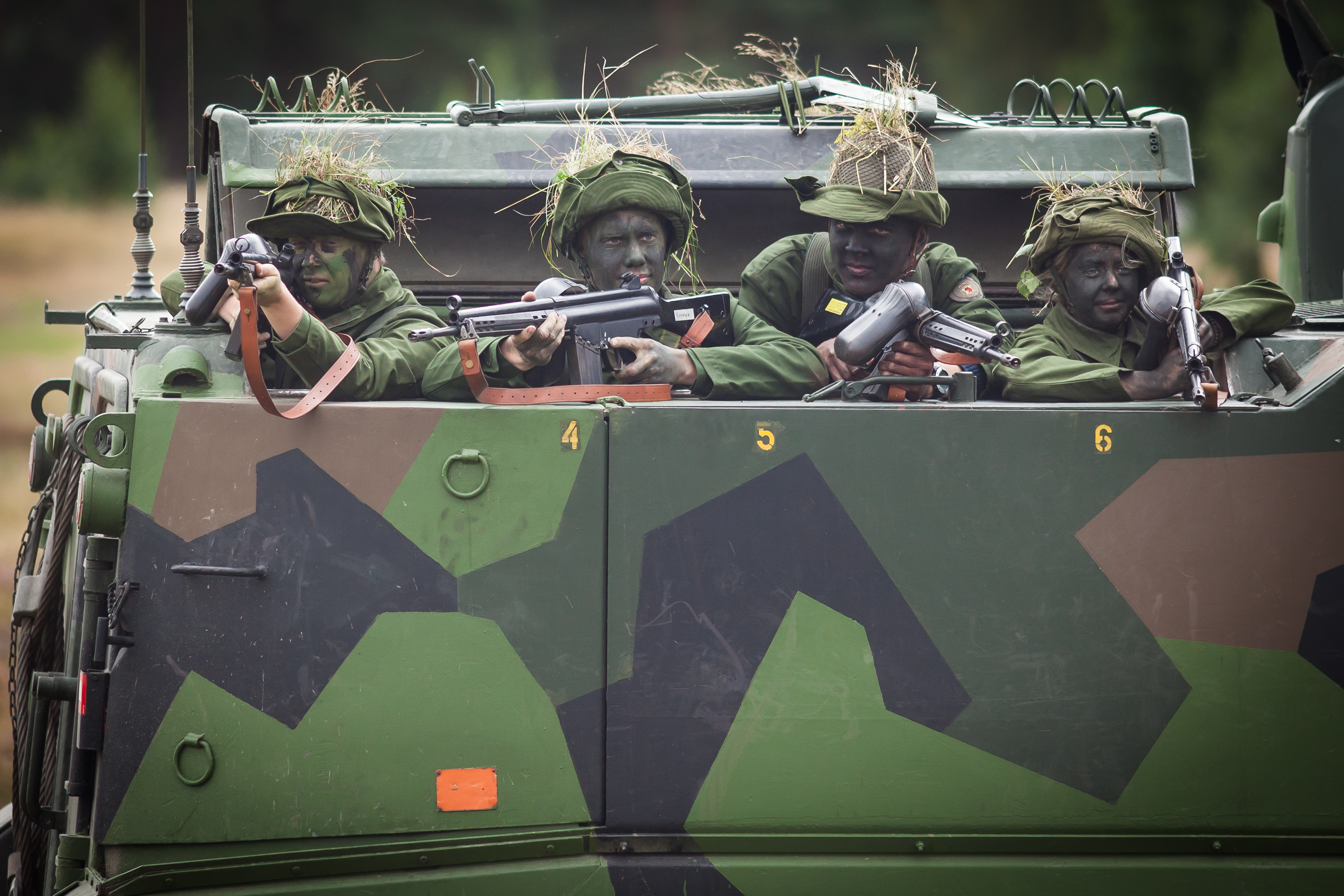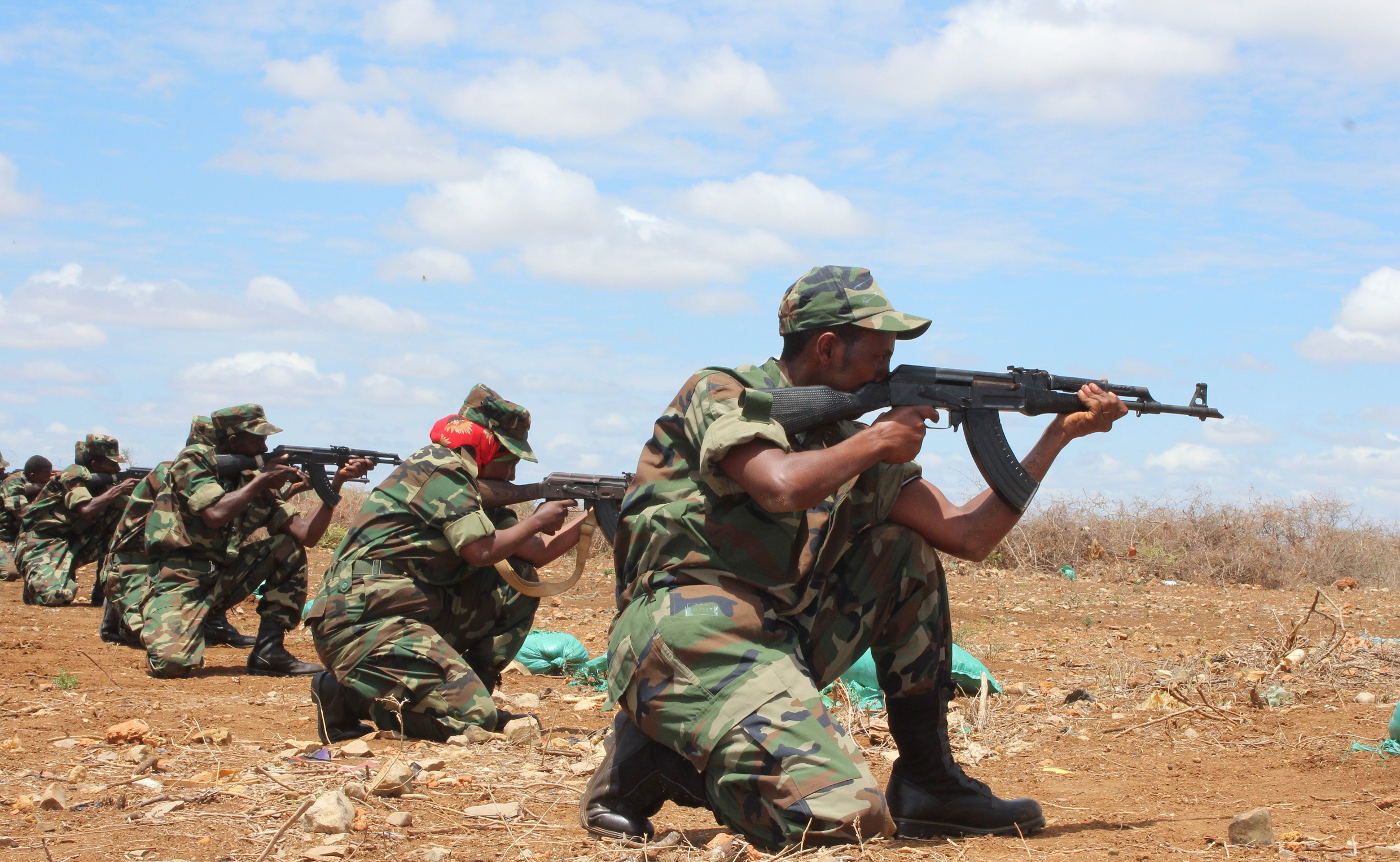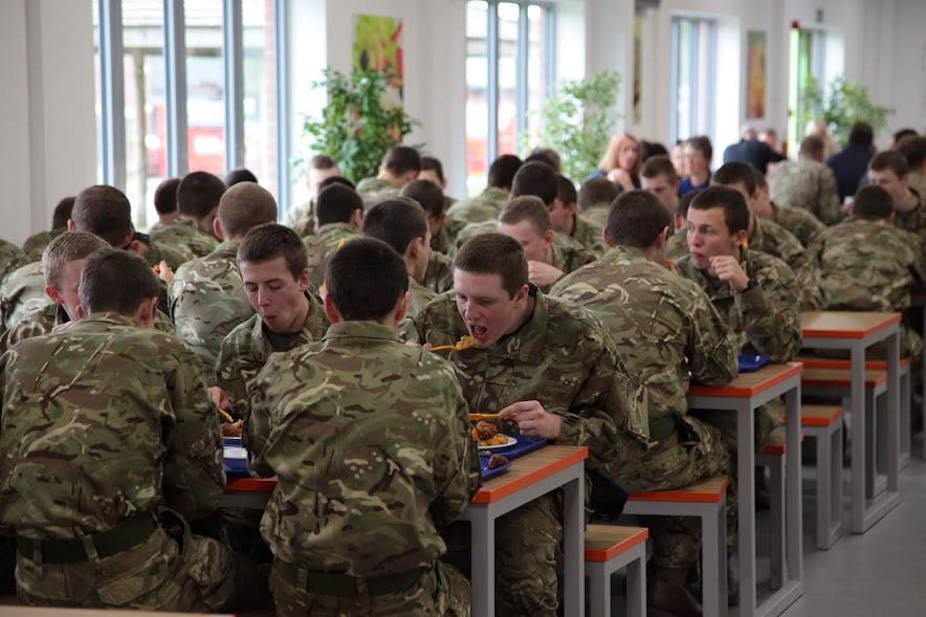Cyberattacks, Elections, and Casus Belli
By Patrick Taylor Smith
Robert Mueller has recently indicted 13 people for using information technology to manipulate a US election. Russian intelligence agents have likely attempted to directly intervene by hacking election software, stealing emails from both the Democratic National Committee and Republican National Committee, and running assets to manipulate social media websites. Such cyberattacks have become almost overwhelmingly ubiquitous, and there is likely more to come. Ransomware attacks are 167 times more common than just a few years ago. Mega thefts of data are commonplace. There is strong evidence that at least one state—Russia—is engaged in a systematic campaign to undermine financial institutions, and hack vital infrastructure in a variety of countries. Many suspect that cyberattacks that cause serious physical damage and even death are not far off as attacks upon targets such as power plants and medical institutions become increasingly common.[1]









